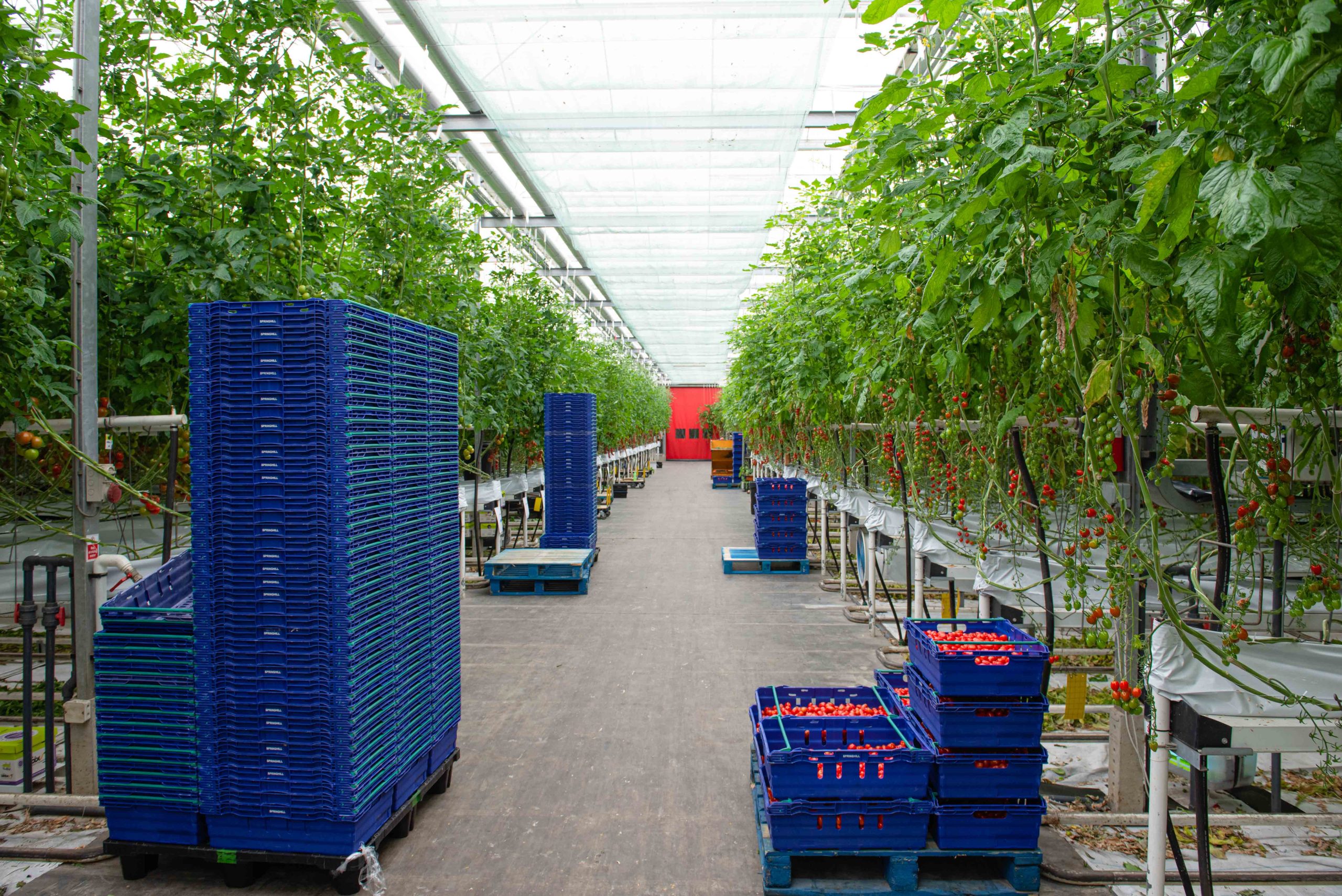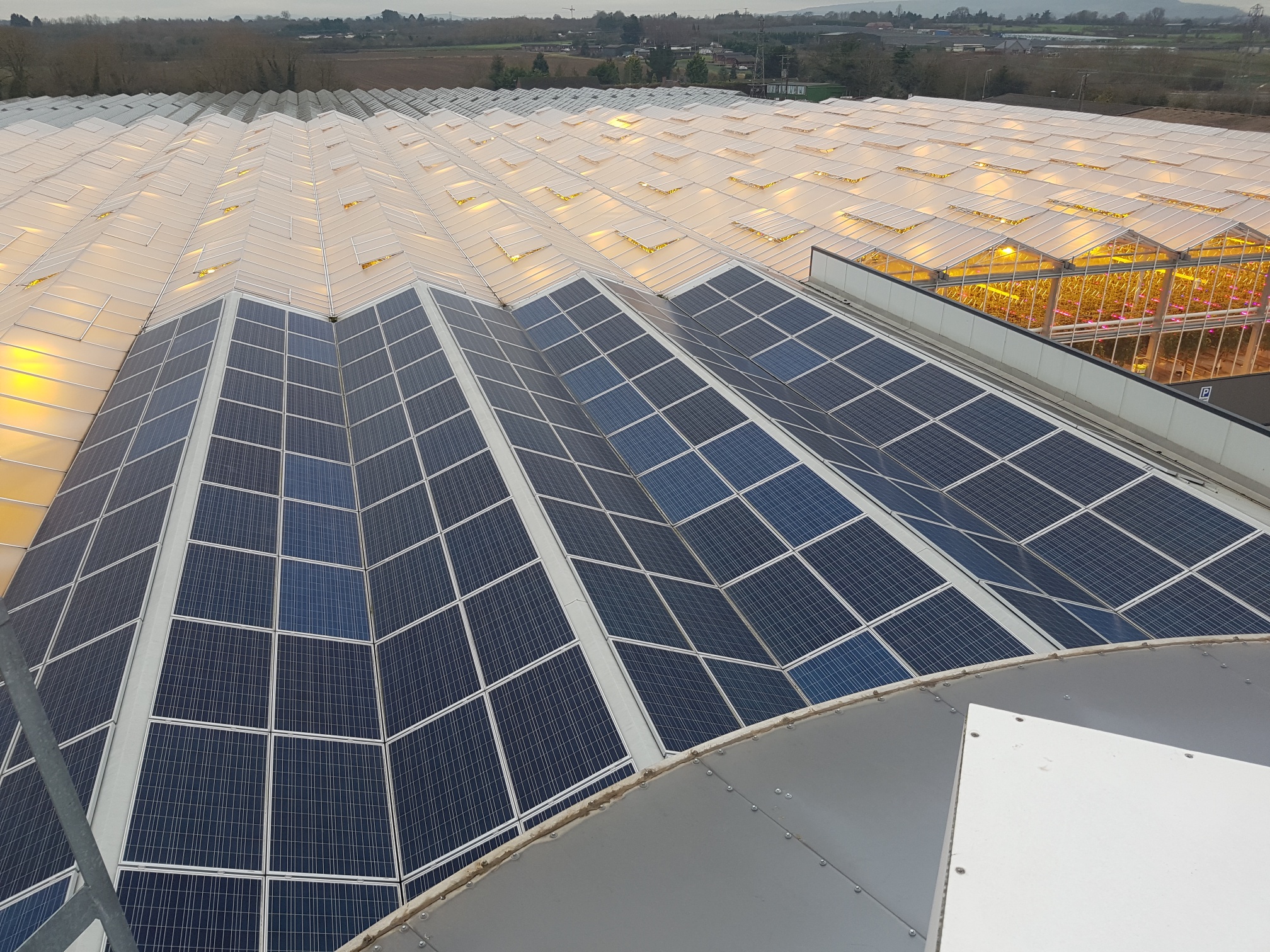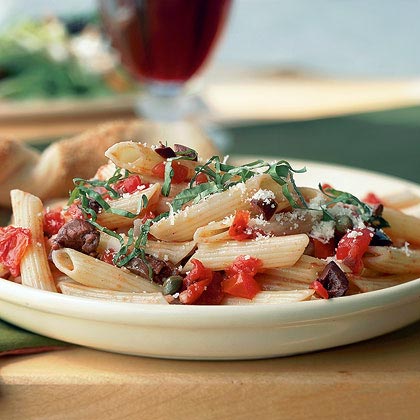Whiteflies are tiny, sap-sucking insects that can wreak havoc on tomatoes and other plants in glasshouses, leading to stunted growth, wilting, and reduced yields. Controlling these pests is essential to maintaining a healthy and thriving greenhouse environment. In this blog, we will explore three effective points to combat whitefly infestations and protect your precious plants.
1.Implement Biological Control Methods: Biological control is a sustainable and eco-friendly approach to managing whitefly populations in glasshouses. By introducing natural predators and parasites, you can create a balanced ecosystem that keeps whiteflies in check. Here are some beneficial insects to consider:
Encarsia Formosa: This tiny parasitic wasp is a natural enemy of whiteflies. Encarsia formosa lays its eggs inside whitefly nymphs, eventually killing them. Release these wasps early in the season when whiteflies are just starting to appear.
Ladybirds: Ladybirds are voracious predators of whitefly eggs, larvae, and adults. They can be released in glasshouses to control whitefly populations effectively.
2. Practice Good Cultural Management: Proper cultural practices can significantly reduce the chances of whitefly infestations and keep your plants healthier overall. Consider the following steps:
Regular Inspection: Regularly inspect your plants for early signs of whitefly infestations, such as tiny white insects on the undersides of leaves or yellowing foliage. Early detection allows for timely action to prevent the infestation from spreading.
Remove Infested Leaves: At the first signs of whitefly presence, remove and dispose of infested leaves promptly to prevent the insects from spreading to other parts of the glasshouse.
Maintain Cleanliness: Whiteflies are attracted to sticky residues and honeydew secretions left behind by aphids and other pests. Keep your glasshouse clean by regularly removing debris and controlling other pests to discourage whitefly infestations.
3.Use Horticultural Oils and Soaps: Horticultural oils and insecticidal soaps are effective, low-toxicity options for controlling whiteflies in glasshouses. These products suffocate the pests, making them a safe choice for indoor environments. Here’s how to use them:
Follow Manufacturer Instructions: Read and follow the instructions on the product label carefully. Apply the horticultural oil or insecticidal soap as directed, ensuring even coverage on the undersides of leaves where whiteflies often hide.
Repeat Applications: Since horticultural oils and soaps primarily target the adult whiteflies and not their eggs, repeat applications may be necessary to control subsequent generations.
Test on a Small Area: Before applying horticultural oils or soaps to your entire glasshouse, test them on a small section of your plants to check for any adverse effects.
Implement these strategies to maintain the health and productivity of your precious plants in your glasshouse!









